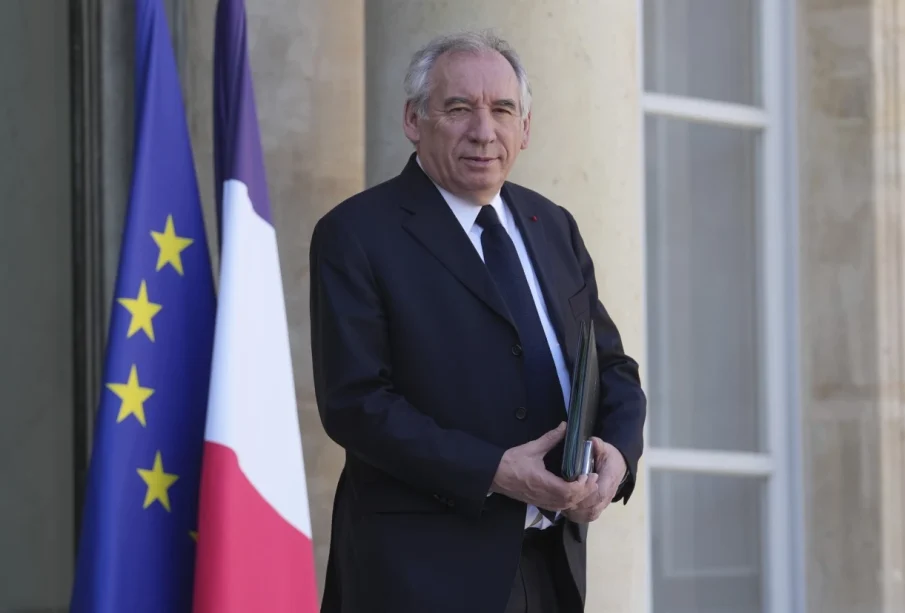Political Crisis Deepens as French Prime Minister Bayrou Falls in Historic Confidence Vote

A Historic Political Upheaval
French lawmakers voted to oust Prime Minister François Bayrou Monday, plunging the country into a new political crisis and leaving it without a government at a time of increasing economic strain and geopolitical tensions.
Of the 573 lawmakers who sit in the National Assembly, France’s lower house of parliament, 364 voted against Bayrou, 194 voted for and there were 15 abstentions. This makes Bayrou the first prime minister in modern France’s history to be removed in a confidence vote rather than a no-confidence vote.
The Economic Challenge
At the heart of the showdown were France’s fragile public finances. Last year’s deficit reached 5.8% of GDP, nearly double the EU ceiling of 3%, while national debt now stands at more than €3.3 trillion, roughly 114% of economic output. Bayrou had argued that drastic cuts were unavoidable, putting forward a plan to slash €44 billion in spending by 2026, partly by scrapping two public holidays.
Political Implications
The president has already cycled through Gabriel Attal, who left office in September 2024, former Brexit negotiator Michel Barnier, ousted in December, and now Bayrou. The search for a fourth leader highlights Macron’s struggle to build parliamentary support in a chamber dominated by opponents.
A fiscal conservative, Macron is unlikely to appoint a premier who advocates for higher state spending. However, after the government recently tried to cut deals on the right of the political spectrum, some wonder if Macron might try something new. Some Macronist, Socialist and Green politicians say they’re ready for compromises to form a government that lasts until 2027.
Looking Ahead
A series of street demonstrations known as “Block Everything” is expected this week, followed by union-led hospital and rail strikes in the second half of September. France has previously witnessed what became known as the “gilets jaunes”, or yellow vest anti-government protests against various domestic policies overseen by Macron, who will want to avoid a repeat this time, analysts said.









